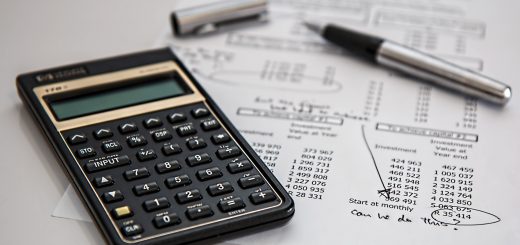What is negative gearing and how does it affect me?
Like Lindsay Lohan circa 2007, negative gearing seems to always be in the headlines for all the wrong reasons.
While negative gearing is more relevant to investors than property newbies, there’s a high chance you’ll come across the term at some point in your quest to purchase your first home – and even if you don’t, negative gearing is going to affect you anyway.
What is negative gearing?
Negative gearing is when an investor takes out a loan to purchase an investment property and the costs involved with holding and managing said property are higher than the gross income the property generates. A savvy investor can then write this loss off against their income, reducing their overall tax bill.
Here’s a (very simplified) real world example:
Sally earns $60,000 a year at her job.
She purchases a rental property and rents it out at $25,000 a year, but pays $30,000 a year in rates, loan interest and other expenses.
When it’s time to pay her taxes, Sally writes off the $5,000 loss against her $60,000 income, reducing her taxable income to $55,000 and slashing her tax bill by $1,500.
Sally hopes that when she sells the property the capital gains will outweigh her short term losses.
Why are so many people critical of negative gearing?
Negative gearing cops a lot of flak because it encourages over-investment in property, which in turn results in heavily inflated property prices. Many believe that negative gearing is at least partially responsible for the current affordability problems in many parts of the country. Inland Revenue disclosed that in 2014 rental property owners claimed about $780 million in tax losses, or wrote off as much as $250 million, as reported by the NZ Herald,
New Zealand is one of very few OECD countries that allows unrestricted use of negative gearing, and it is becoming an increasingly important economic and political issue.



